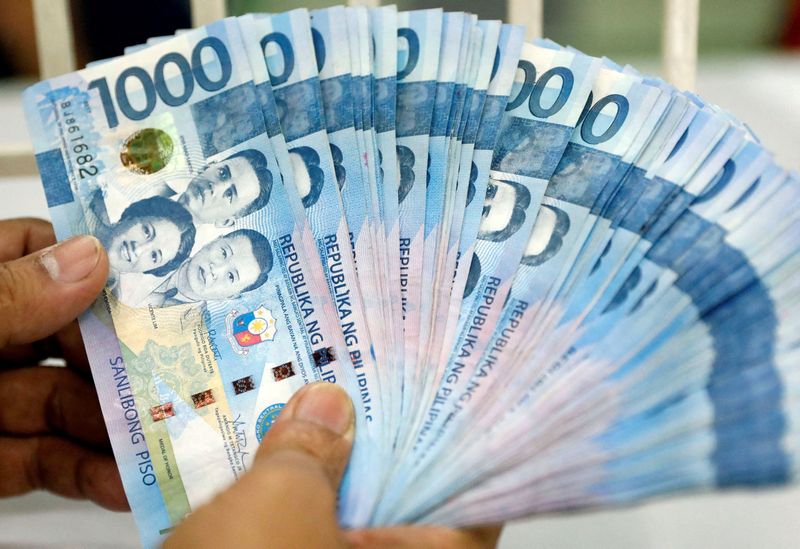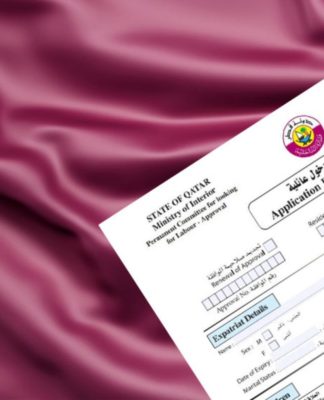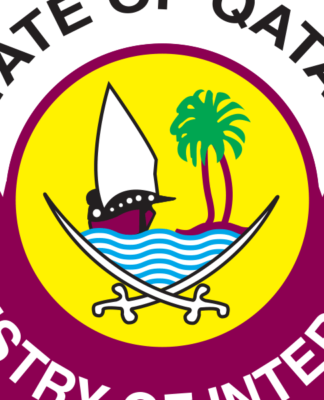Philippine central bank to kick off tightening cycle on May 19

BENGALURU (Reuters) – The Philippine central bank will kick off its tightening cycle on Thursday, much earlier than previously thought, joining peers around the world in a race to tighten monetary policy to tackle rising inflation, a Reuters poll found.
With economic growth in the Southeast Asian nation at its fastest in nearly a decade and inflation at a more than three-year high, the Bangko Sentral ng Pilipinas (BSP) is under pressure to act now to prevent the economy from overheating.
The May 12-16 Reuters poll showed nearly two-thirds of economists, 11 of 17, expected the BSP to hike its key overnight reverse repurchase facility rate by 25 basis points to 2.25% at its May 19 meeting. The remaining six expected no change.
That was an abrupt change in expectations from a survey taken last month when most economists predicted a rate hike to come next quarter.
“A shift in the balance of risks from growth to inflation, after strong growth last week and high inflation earlier in the month, led us to forecast that BSP will hike rates at its May meeting,” noted Shreya Sodhani, economist at Barclays.
“However, we acknowledge this is a close call, with the possibility of a delay to June.”
Governor Benjamin Diokno, who just last month said they may consider a rate hike in June, changed his tone last week and said they stood ready to adjust monetary policy settings if they saw signs of demand-driven inflation.
Economists in the poll also expected the BSP to pick up the tightening pace. While a majority expected the benchmark rate to rise to 2.50% by end-September, seven economists predicted it to reach 2.75% or higher.
More interest rate rises are on the way, with rates reaching 3.00% by end-2022, the median showed, up from 2.50% predicted in the previous survey. Four respondents predicted the BSP to hike rates to 2.75% by then, with three expecting rates at 3.50% by end-year.
That aggressive outlook was in part mirrored by what other major central banks were expected to do, especially the Federal Reserve, which is likely to raise rates by 50 basis points at the next few meetings after taking a similar step earlier this month.
Respondents from a smaller sample who had forecasts going to the end of next year, 5 of 12, saw the BSP pushing its key rate to 3.50%. Two economists expected 4.00% by end-2023, back to where it was before the COVID-19 pandemic.
The BSP has kept the rate at a record low since November 2020. Economists have warned if the BSP fails to act quickly it will fall behind the curve at a time when its peers are also expected to tighten policy at a much faster pace.
“I think, if BSP clings to its current policy rate post-June, it will be too late to address rising inflation amidst the backdrop of continuing geopolitical risks and rising demand due to the reopening of the economy,” said Ruben Carlo Asuncion, chief economist at Union Bank of the Philippines.
(Reporting by Md. Manzer Hussain; Polling by Devayani Sathyan and Prerana Bhat; Editing by Ross Finley and Alison Williams)


























comments